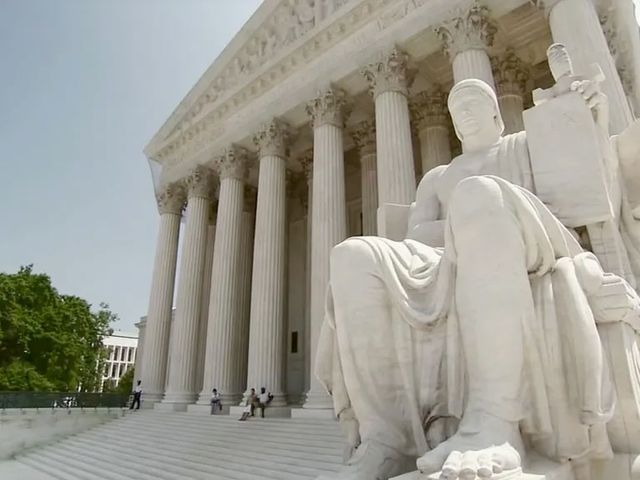The latest point of contention in the long-running Nazi loot claim brought by the heirs of a consortium of Jewish dealers against the Prussian Cultural Heritage Foundation (SPK) over ownership of the Guelph Treasure concerns the nationalities of those dealers at the time they sold the collection of medieval artefacts in 1935.
The case involves a trove of objects dating from between the 11th and 15th centuries that are estimated to be worth at least €200m. Those objects are on long-term display at Berlin’s Museum of Decorative Arts, which is operated by the SPK. According to the claimants, a consortium of Jewish dealers was forced in 1935 to sell the collection to the Prussian state at the direction of Hermann Goering. The claimants—Alan Philipp, Gerald G. Stiebel and Jed R. Leiber—filed their original claim in 2015.
Their case against the SPK, a German federal organisation, was a major test of the reach of the Foreign Sovereign Immunities Act (FSIA), which protects other countries from being sued in the US. Previously, the claimants alleged that the FSIA does not apply in their case because the Guelph Treasure had been taken as part of a human rights violation (the Holocaust).
In 2021, the case reached the US Supreme Court, which sided with Germany and returned the case to the federal district court for DC to determine whether the case might be tried on the grounds that the dealers were “non-citizens” at the time of the sale, having been stripped of their citizenship by Germany’s Nazi government. Last summer, the federal district court found in favour of SPK.
The claimants appealed that decision, setting in motion a hearing on Tuesday (18 April) in which their lawyers made a new argument before a three-judge panel in the US Court of Appeals for the DC Circuit for why the case should be heard in a US court. According to Courthouse News, they argued that two of the dealers had fled to the Netherlands, effectively becoming Dutch nationals, and the others had become fundamentally stateless.
“The Nazi state took the [Guelph Treasure] by forced sale because the consortium of dealers were Jews,” the brief filed by the heirs to the DC Circuit says. “That expropriation violates international law because, in 1935, there was no legal or colloquial definition of ‘German’ that could conceivably include these victims. At a bare minimum, therefore, the case concerns property owned collectively by Dutch and German owners, the taking of which for discriminatory reasons plainly violates international law.”
Lawyers for SPK, in a brief, write that the claimants’ latest arguments “gesture at possible legal theories with vague allegations”, adding, “Plaintiffs forfeited these alternative arguments years ago.”
Jonathan Freiman of the firm Wiggin and Dana, a lawyer for SPK, told the panel of judges that this argument had been available to the claimants during the past eight years of litigation, but they had not made it. “They didn’t address it,” he said. “The plaintiffs themselves have admitted that this property was owned by German companies in Frankfurt”
Nicholas O'Donnell of the firm Sullivan & Worcester, a lawyer for the claimants, told Courthouse News that, “For Germany, of all countries, to argue [...] that its Nazi predecessors regarded Jews as members of the German nation, or that Plaintiffs have not said so consistently for years, is outrageous. We look forward to the Court’s decision.”
The judges have not said when a decision in the case will be announced.



